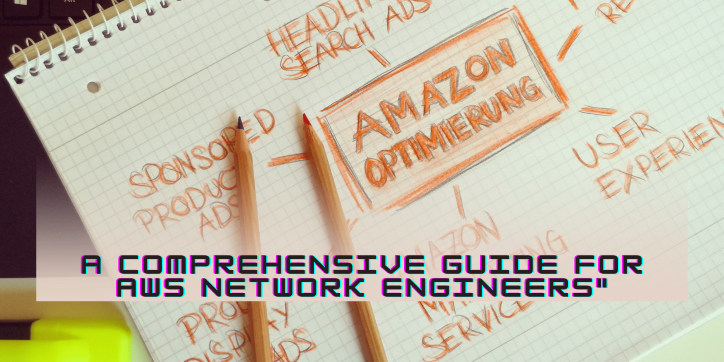
As businesses move more of their operations to the cloud, the demand for AWS network engineers has grown dramatically. An AWS network engineer is responsible for designing, implementing, and maintaining the network infrastructure within Amazon Web Services (AWS). In this article, we’ll explore the role of an AWS network engineer and the key skills and knowledge they need to succeed.
Table of Contents
What Does an AWS Network Engineer Do?
AWS network engineers are responsible for ensuring that an organization’s network infrastructure is secure, scalable, and highly available. They work closely with cloud architects and other IT professionals to design and deploy network solutions that meet the unique needs of the business. Key responsibilities include:
- Designing and implementing network solutions in AWS using VPCs, subnets, route tables, and security groups.
- Ensuring the security and availability of network resources by deploying network firewalls, intrusion detection and prevention systems, and other security measures.
- Implementing and managing AWS Direct Connect, VPN, and other network connectivity solutions.
- Monitoring network performance and troubleshooting any issues that arise.
- Collaborating with other teams to integrate network solutions into larger cloud deployments.
Skills and Knowledge Required
To be an effective AWS network engineer, you’ll need a strong understanding of networking concepts and technologies, as well as the ability to work with AWS services. Key skills and knowledge include:
- Networking fundamentals: An understanding of IP addressing, subnetting, routing, and other networking concepts is essential.
- AWS networking services: Familiarity with AWS networking services, such as VPCs, subnets, route tables, security groups, and Direct Connect, is essential.
- Security: Knowledge of security best practices, such as firewalls, intrusion detection and prevention systems, and encryption, is critical.
- Scripting and automation: The ability to automate network deployments and maintenance tasks using scripts and tools like CloudFormation and Ansible is important.
- Cloud architecture: An understanding of cloud architecture and the ability to work with cloud architects to design and implement network solutions that meet business requirements.
Certifications
There are several AWS certifications that can help you demonstrate your skills and knowledge as an AWS network engineer. These certifications include:
- AWS Certified Solutions Architect – Associate: This certification covers the fundamentals of AWS, including networking concepts and services.
- AWS Certified DevOps Engineer – Professional: This certification covers advanced AWS topics, including network deployment and management.
- AWS Certified Security – Specialty: This certification covers security best practices and how to implement them in AWS
Conclusion
AWS network engineers play a critical role in helping organizations successfully transition to the cloud. With a strong understanding of networking concepts and technologies, and the ability to work with AWS services, you can build a successful career as an AWS network engineer. Whether you’re just starting out or looking to advance your career, earning AWS certifications can help demonstrate your skills and knowledge to potential employers.